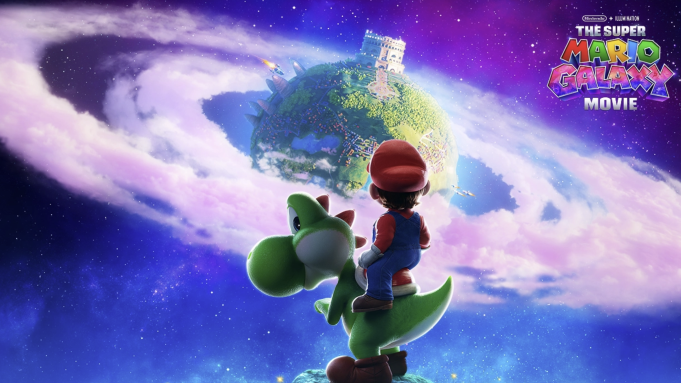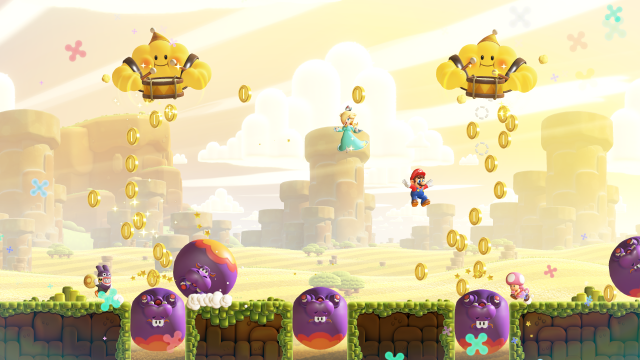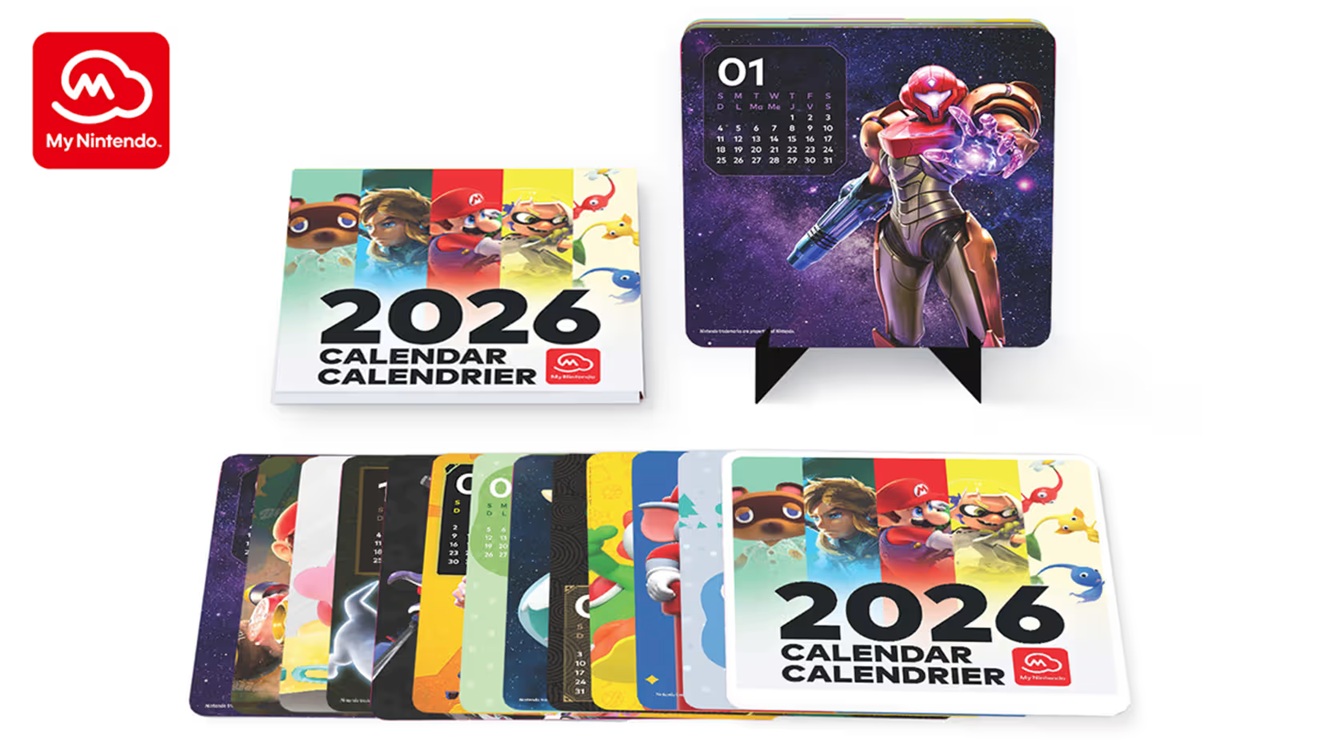Nintendo’s iconic characters have long been a mainstay of global pop culture, making appearances well beyond their native platforms like the Nintendo Switch and eShop.
From lunchboxes to apparel, Mario and friends frequently feature on a range of licensed merchandise.
However, a recent discovery in China has drawn attention to the persistent issue of unofficial uses of Nintendo's intellectual property. Images surfaced on Twitter, initially shared by user Boris_VII and reposted by @forestillusion, depict Wahaha brand vitamins adorned with characters unmistakably resembling Mario and Yoshi.
In this case, the familiar Italian plumber and his dinosaur companion were seen promoting a Chinese vitamin supplement, despite no official endorsement from Nintendo.
Notably, the Yoshi-like mascot—complete with a distinctive green hue and an added pair of antlers—remained surprisingly true to the character's traditional appearance, albeit with minor, unlicensed tweaks. These vitamins feature a cape-wearing, Mario-esque figure riding a green dinosaur, an image that closely mirrors Nintendo’s beloved duo.
While Yoshi retains much of his recognizable design, Mario appears slightly altered, likely in an attempt to sidestep official copyright.
Industry experts are quick to point out that, regardless of alterations, Nintendo is highly protective of its brand and characters.
The company's official licensing policy is strict; all authentic Nintendo products feature clearly marked seals of approval, a measure designed to protect both consumers and the legacy of its dozens of world-famous franchises. The discovery of Wahaha Vitamins with Nintendo-style branding once again highlights the occasional challenges major gaming companies face in global brand management—particularly in markets where copyright enforcement can be inconsistent.
While such off-brand merchandise is not uncommon, its existence underscores the enduring popularity and cultural weight Nintendo’s characters carry worldwide, even on unauthorized goods. Nintendo has a longstanding reputation for maintaining tight control over its intellectual property, with countless examples of legal action taken against unauthorized uses of its characters, from mobile app clones to physical product knock-offs.
Despite these efforts, incidents like this one remain a reminder of their widespread appeal and the ongoing responsibility of developers and rightsholders to protect their work. For fans who encounter Nintendo characters outside of their official video game releases or hardware like the Nintendo Switch, it’s essential to look for signs of certification to ensure authenticity.
Unauthorized products, such as these Wahaha Vitamins, not only breach Nintendo’s strict IP guidelines but also risk misleading consumers. As the video game industry continues expanding into new markets, cases like this serve as a call to vigilance for both fans and companies.
With Mario and Yoshi as perennial faces of the brand, Nintendo’s global presence—whether licensed or otherwise—remains stronger than ever.
From lunchboxes to apparel, Mario and friends frequently feature on a range of licensed merchandise.
However, a recent discovery in China has drawn attention to the persistent issue of unofficial uses of Nintendo's intellectual property. Images surfaced on Twitter, initially shared by user Boris_VII and reposted by @forestillusion, depict Wahaha brand vitamins adorned with characters unmistakably resembling Mario and Yoshi.
In this case, the familiar Italian plumber and his dinosaur companion were seen promoting a Chinese vitamin supplement, despite no official endorsement from Nintendo.
Notably, the Yoshi-like mascot—complete with a distinctive green hue and an added pair of antlers—remained surprisingly true to the character's traditional appearance, albeit with minor, unlicensed tweaks. These vitamins feature a cape-wearing, Mario-esque figure riding a green dinosaur, an image that closely mirrors Nintendo’s beloved duo.
While Yoshi retains much of his recognizable design, Mario appears slightly altered, likely in an attempt to sidestep official copyright.
Industry experts are quick to point out that, regardless of alterations, Nintendo is highly protective of its brand and characters.
The company's official licensing policy is strict; all authentic Nintendo products feature clearly marked seals of approval, a measure designed to protect both consumers and the legacy of its dozens of world-famous franchises. The discovery of Wahaha Vitamins with Nintendo-style branding once again highlights the occasional challenges major gaming companies face in global brand management—particularly in markets where copyright enforcement can be inconsistent.
While such off-brand merchandise is not uncommon, its existence underscores the enduring popularity and cultural weight Nintendo’s characters carry worldwide, even on unauthorized goods. Nintendo has a longstanding reputation for maintaining tight control over its intellectual property, with countless examples of legal action taken against unauthorized uses of its characters, from mobile app clones to physical product knock-offs.
Despite these efforts, incidents like this one remain a reminder of their widespread appeal and the ongoing responsibility of developers and rightsholders to protect their work. For fans who encounter Nintendo characters outside of their official video game releases or hardware like the Nintendo Switch, it’s essential to look for signs of certification to ensure authenticity.
Unauthorized products, such as these Wahaha Vitamins, not only breach Nintendo’s strict IP guidelines but also risk misleading consumers. As the video game industry continues expanding into new markets, cases like this serve as a call to vigilance for both fans and companies.
With Mario and Yoshi as perennial faces of the brand, Nintendo’s global presence—whether licensed or otherwise—remains stronger than ever.






